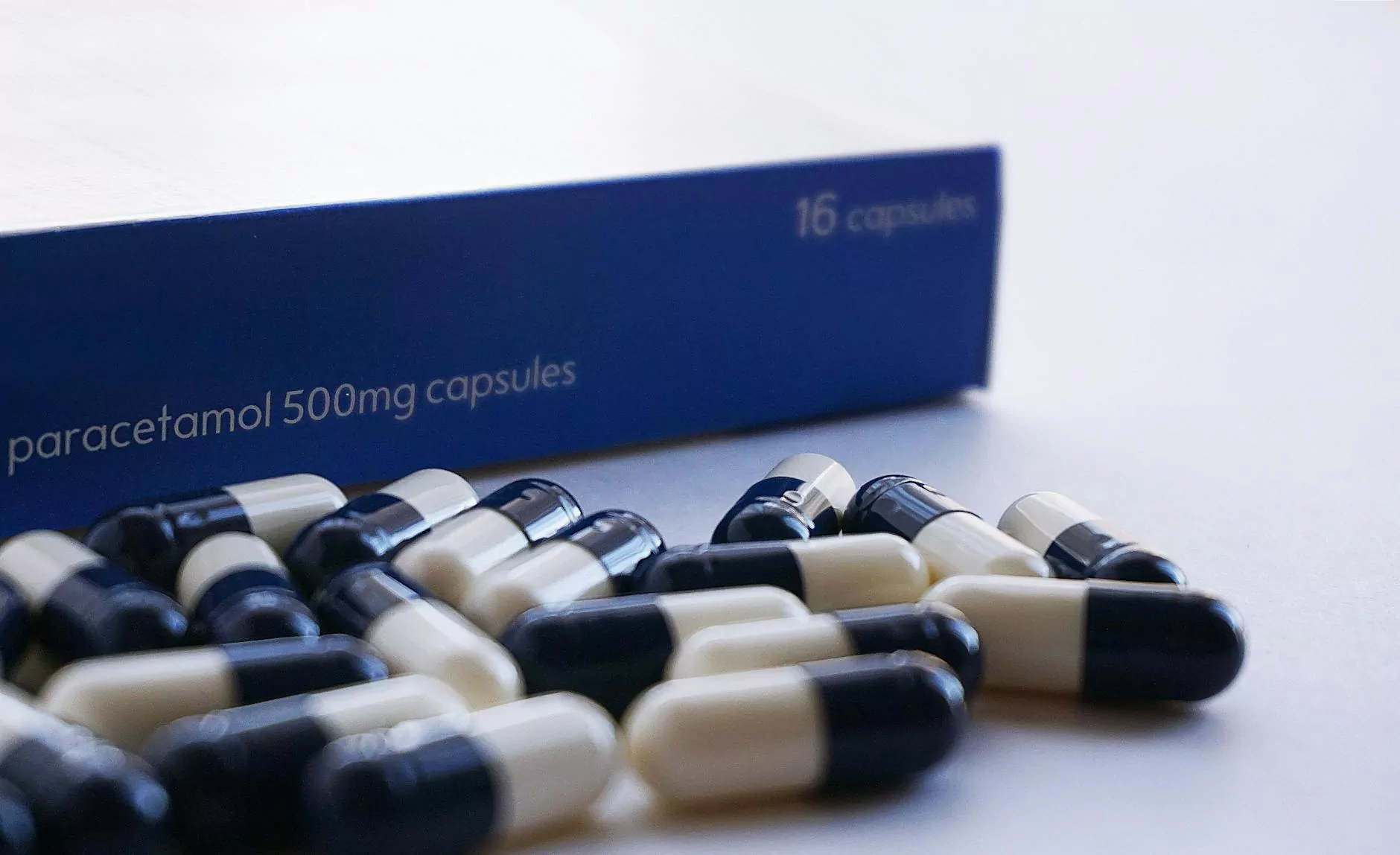Essential Tools for Plastic Surgery: A Comprehensive Guide

Plastic surgery is a transformative field that has seen remarkable advancements over the years. With these advancements come a plethora of specialized tools designed to enhance the precision and safety of surgical procedures. This article delves into the numerous tools for plastic surgery, shedding light on their uses, benefits, and the latest innovations that are setting new standards in health and medical practices.
Understanding Plastic Surgery: A Brief Overview
The realm of plastic surgery encompasses a wide variety of procedures aimed at reconstructing or enhancing different parts of the body. From cosmetic enhancements to complex reconstructive surgeries, each procedure requires a unique set of tools to ensure optimal results. Understanding the various categories of these tools is pivotal for both surgeons and patients.
The Importance of Specialized Surgical Tools
In the hands of skilled professionals, the right tools can mean the difference between success and complications in surgery. Specialized tools for plastic surgery are designed to accommodate the intricate nature of the human body. They enable surgeons to perform delicate maneuvers with precision and provide safety features to prevent unintended injuries.
Categories of Tools for Plastic Surgery
Here are the primary categories of tools utilized in plastic surgery:
- Cutting Instruments: These include scalpels, electrocautery devices, and scissors designed for specific types of tissue.
- Grasping and Holding Tools: Forceps and clamps that help stabilize tissues during surgery.
- Suction Devices: Tools like suction tips are vital for maintaining a clear surgical field.
- Needles and Suture Materials: Used for closing incisions and for tissue repair.
- Measurement and Imaging Tools: Calipers and imaging systems that help in preoperative planning.
Critical Tools for Specific Procedures in Plastic Surgery
1. Scalpels and Knives
Scalpels are among the most crucial tools used in plastic surgery. They allow surgeons to make precise incisions, which is essential for minimizing trauma to surrounding tissues. The blades come in various shapes and sizes to accommodate different types of procedures. Depending on the surgery, surgeons may choose a #10 blade for larger incisions or a #15 blade for finer cuts.
2. Electrocautery Devices
Electrocautery is another vital tool, used to cut tissue and cauterize blood vessels simultaneously. This minimizes bleeding, promotes quicker healing, and reduces the risk of infection. The technology has advanced significantly, with modern devices offering even greater control and precision, which enhances overall patient outcomes.
3. Forceps
Forceps come in numerous designs, each tailored for specific tasks. They are used to grasp, hold, and manipulate tissues during surgery. For instance, Adson forceps are commonly used in delicate procedures due to their fine tips, while Russian forceps provide a broader gripping surface for tougher tissues.
4. Suction Tips
Maintaining a clear view of the surgical field is essential in plastic surgery, and this is where suction devices come into play. Hemostatic suction tips allow surgeons to remove blood and other fluids, ensuring visibility and enhancing safety during operations.
5. Suture Materials
Closing incisions is as critical as making them, and the choice of suture materials can significantly impact the healing process. Various options, such as absorbable and non-absorbable sutures, are available, and the selection depends on the type of surgery being performed. Plastic surgeons often prefer fine sutures that leave minimal scarring.
Innovations in Tools for Plastic Surgery
As technology advances, so does the arsenal of tools available for plastic surgeons. Innovations such as 3D printing, robotic-assisted surgery, and improved imaging techniques are revolutionizing surgical practices.
1. 3D Printing
3D printing has emerged as a game-changer in the customization of surgical tools and implants. Surgeons can create patient-specific tools and models that facilitate more accurate procedures. These models can simulate the surgery before it occurs, aiding in planning and execution.
2. Robotic-Assisted Surgery
Robotic systems have enhanced the precision of surgical movements. Tools attached to robots allow for greater dexterity and control, reducing recovery times and improving outcomes in minimally invasive procedures.
3. Advanced Imaging Technologies
The integration of advanced imaging technologies, such as MRI and CT scans, enables surgeons to visualize internal structures in detail before and during operations. This technology enhances surgical planning and precision, leading to better results.
Best Practices for Using Tools for Plastic Surgery
While having access to high-quality tools for plastic surgery is vital, there are best practices that every surgical team should adhere to:
- Regular Maintenance: All surgical instruments must be regularly inspected and maintained to ensure optimal performance.
- Proper Sterilization: Maintaining sterile conditions is crucial to prevent infections. Following proper sterilization protocols is a must.
- Training and Competence: Surgeons and medical staff must be adequately trained to use surgical tools effectively.
- Adherence to Protocols: Strict adherence to surgical protocols ensures patient safety and operational efficiency.
The Future of Plastic Surgery Tools
The future of tools for plastic surgery is poised for even more exciting developments. With ongoing research into materials science, surgical techniques, and technology integration, we can anticipate tools that further enhance the surgeon's capability and the patient's experience.
Conclusion: The Impact of Tools on Surgical Outcomes
In conclusion, the range and quality of tools for plastic surgery directly influence surgical outcomes and patient satisfaction. As advancements continue, staying updated with the latest tools and techniques is essential for plastic surgeons. Investing in high-quality surgical instruments not only improves the precision of procedures but also enhances the overall safety and experience for patients.
At New-Med Instruments, we are dedicated to providing healthcare professionals with the highest quality medical supplies tailored for the field of plastic surgery. By understanding and utilizing the right tools, surgeons can achieve remarkable results that contribute positively to the lives of their patients.









